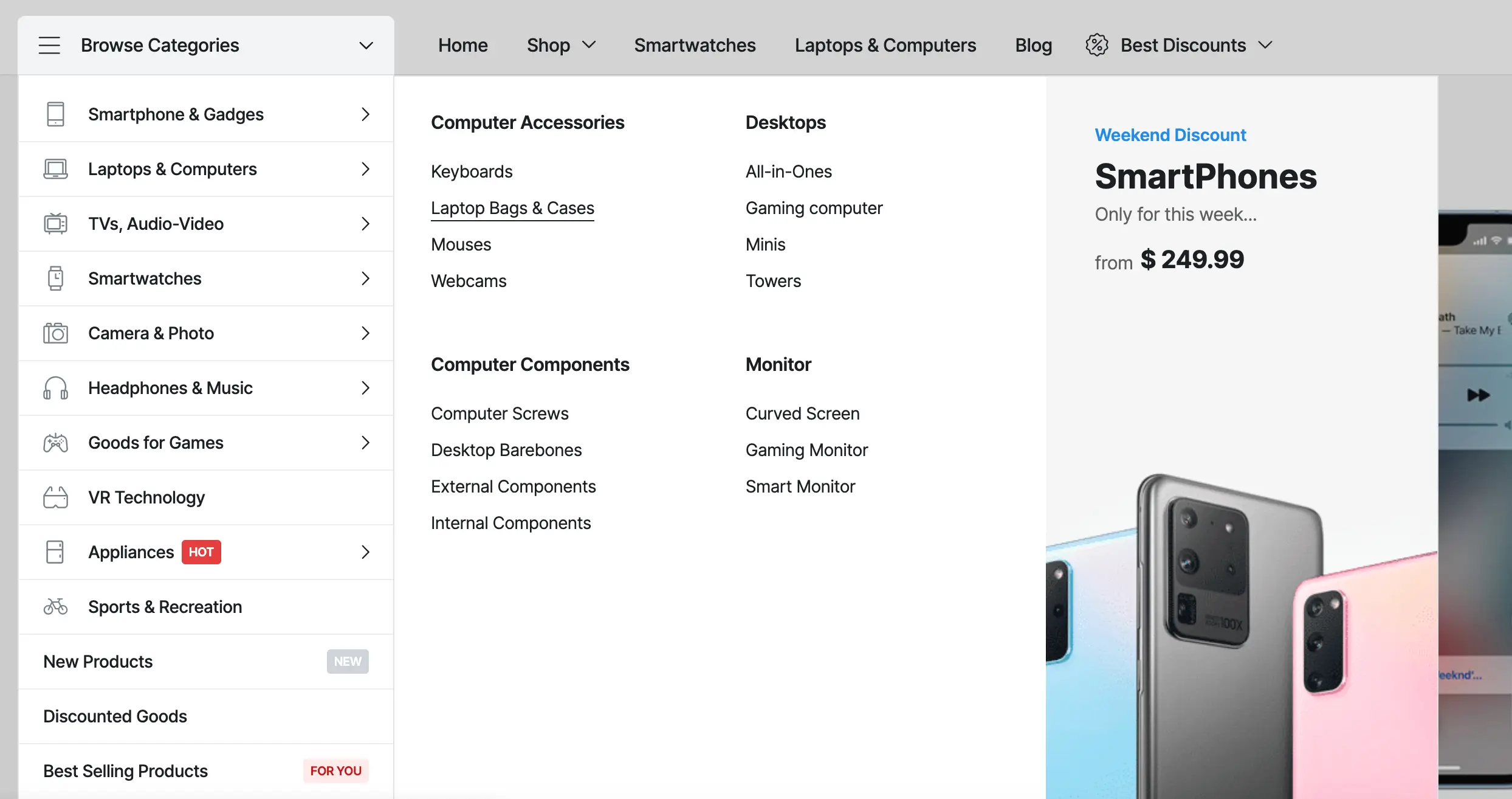Safeguarding Your Digital Life: The Importance of Secure Passwords
In today’s digital age, passwords are the frontline defense for protecting our sensitive information from unauthorized access. From online banking to social media accounts, passwords are the keys that grant or deny entry into our digital realms. Yet, despite their critical role, many people overlook the importance of creating strong and secure passwords. In this article, we’ll delve into why passwords are crucial, explore best practices for creating them, highlight common mistakes to avoid, and discuss strategies for enhancing overall digital security.
The Significance of Secure Passwords
Passwords serve as the primary method of authentication in the digital world. They safeguard our personal and financial data from hackers, cybercriminals, and other malicious actors. A weak or compromised password can lead to identity theft, financial loss, and unauthorized access to sensitive information.
Furthermore, in today’s interconnected world, a single compromised account can have far-reaching consequences. Cybercriminals often employ automated tools to systematically test millions of passwords, exploiting weak ones to gain unauthorized access to accounts. Once inside, they may harvest personal information, distribute malware, or engage in fraudulent activities.
Best Practices for Creating Secure Passwords
- Complexity is Key: Create passwords that are long, complex, and difficult to guess. Incorporate a mix of uppercase and lowercase letters, numbers, and special characters.
- Avoid Dictionary Words: Avoid using easily guessable words or phrases, including dictionary words, common phrases, or sequential patterns (e.g., “password123”).
- Unique Passwords for Each Account: Use unique passwords for each online account to prevent a single breach from compromising multiple accounts. Consider using a password manager to securely store and manage your passwords.
- Passphrases: Consider using passphrases, which are longer and easier to remember than traditional passwords. For example, “SunsetOverTheHorizon#2024” is a strong passphrase.
- Regularly Update Passwords: Periodically change your passwords, especially for accounts that contain sensitive information. Aim to update them every three to six months.
- Multi-Factor Authentication (MFA): Enable multi-factor authentication whenever possible. MFA adds an extra layer of security by requiring additional verification steps, such as a code sent to your mobile device.
- Security Questions: Be cautious when setting up security questions for password recovery. Avoid using easily obtainable information or common answers.
Learn more: alternative authentication methods.
Common Password Mistakes to Avoid
- Using Personal Information: Avoid using easily discoverable information such as your name, birthdate, or pet’s name in your passwords.
- Reusing Passwords: Reusing passwords across multiple accounts increases the risk of a widespread security breach if one of those passwords is compromised.
- Storing Passwords Insecurely: Avoid storing passwords in plaintext files, unencrypted documents, or insecure online platforms.
- Ignoring Security Alerts: Take security alerts seriously. If you receive notifications about potential unauthorized access or suspicious activity, act promptly to secure your account.
- Clicking on Suspicious Links: Be cautious of phishing attempts that aim to trick you into revealing your password or other sensitive information. Avoid clicking on links or downloading attachments from unknown or suspicious sources.
Enhancing Digital Security Beyond Passwords
While secure passwords are essential, they are just one component of a robust cybersecurity strategy. Consider implementing the following additional measures to further enhance your digital security:
- Regular Software Updates: Keep your operating system, applications, and antivirus software up to date to patch vulnerabilities and protect against emerging threats.
- Educate Yourself: Stay informed about common cybersecurity threats and tactics used by cybercriminals. Educate yourself on best practices for staying safe online.
- Use Secure Connections: Avoid using public Wi-Fi networks for sensitive activities such as online banking or shopping. Use a virtual private network (VPN) when accessing the internet from public locations.
- Monitor Account Activity: Regularly monitor your account activity for any suspicious or unauthorized transactions or logins.
- Backup Your Data: Regularly backup your important files and data to a secure location to protect against data loss due to ransomware or other cyber threats.
Passwords are the first line of defense in protecting our digital identities and sensitive information. By following best practices for creating and managing secure passwords, avoiding common mistakes, and implementing additional security measures, individuals can significantly enhance their overall digital security posture. Remember, safeguarding your digital life starts with a strong and secure password.
Related Articles
If you enjoyed reading this, then please explore our other articles below:
More Articles
If you enjoyed reading this, then please explore our other articles below:





















 2019-2025 ©
2019-2025 ©